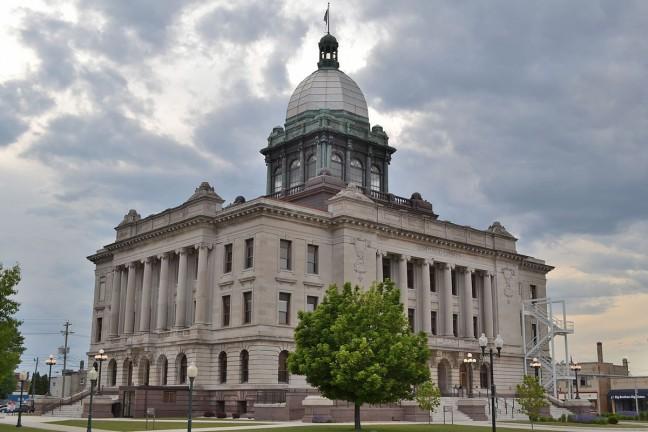The rise to glory of “Making a Murderer” is incredible, to me especially. Since I grew up in Chilton, Wisconsin (made famous by the docuseries), I remember seeing Steven Avery being released from prison in 2003 for his false rape conviction, and his subsequent conviction for the murder of Teresa Halbach in 2007. So seeing this case go from a local phenomenon to a national headline was difficult to comprehend. At the time the murder and trial occurred, there was never any doubt in my 10-year-old mind that Avery was guilty. But now, there’s doubt. Even though this doubt is pervasive in all of our minds, it should not lead to his exoneration.
Having followed the case from its impetus, certain points of the docuseries seem incredibly one-sided. From the choice to only feature the Avery family and his attorneys to omitting key DNA evidence, Moira Demos and Laura Ricciardi, the creators of “Making a Murderer,” portrayed only the story of the plight of Avery. For viewers, sympathizing with Avery is natural since Demos and Ricciardi only showed his views on the case.
The entire reasoning behind “Making a Murderer” should have been to explore the shortcomings of the judicial process, not to get a judge to pardon Avery, as the creators of the docuseries explained in an interview with Vox. The judicial system itself should be examined, not just this particular case.
That’s what Gov. Scott Walker is trying to do — sort of. In his entire governorship, Walker has never granted a pardon, and there’s no reason for Walker to start with the Avery case simply due to its tremendous popularity.
Walker’s motives when running for governor never included a desire to pardon the wrongfully convicted. In fact, Jim Doyle, when leaving the governor’s office, pardoned almost 300 convicted criminals and his Republican counterparts berated him for it. Upon entering office, Walker chose to detach himself from the judicial system as much as he possibly could. Now, he is simply continuing this trend.
Walker’s faith in the judicial system could be described as a blind trust.
“Here in this state we have a process. Steven Avery used that process initially,” Walker said in an interview with TMJ4. “The people on his behalf through the Innocence Project proved his innocence with DNA evidence. That same sort of DNA evidence was used to prove his guilt.”
It is irresponsible, though, for Walker to blatantly ignore the troubling condition of Wisconsin’s judicial system. The tunnel vision the prosecutors in the Avery case highlighted is particularly concerning. Police gave no consideration to any other suspect than Avery for both of his convictions. The adage, “one bad apple ruins a bunch” is applicable here.
If Walker isn’t willing to even consider examining the judicial system, it only reinforces the instances of injustice. Walker’s job is to keep state employees accountable. When it comes to light that state employees may have been doing their jobs inadequately, Walker shouldn’t be proclaiming his blind trust for said employees. He should be actively reviewing how well or poorly the state is being run.
Ultimately, “Making a Murderer” was designed to ignite change. Change, not specifically for Avery’s case, but change that affects the judicial system as a whole. Walker, in not granting Avery a pardon, should focus on examining the shortcomings of the judicial process.
Aaron Reilly ([email protected]) is a freshman majoring in comparative literature and Russian.








